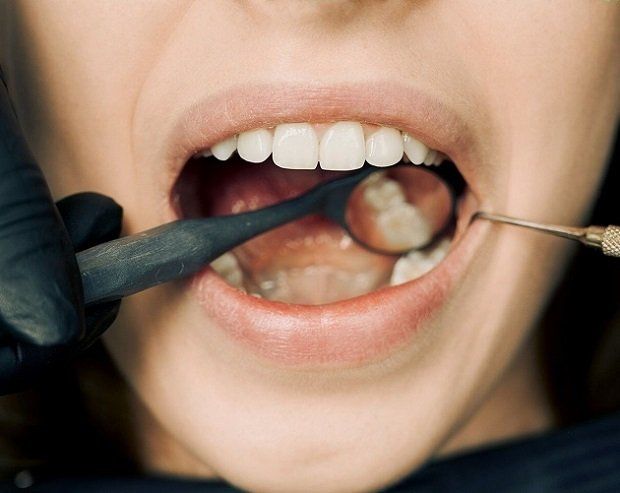Do Root Canal Treatment Last Forever?

A root canal treatment is meant to repair a tooth that has been severely damaged to the pulp. The dentist performs a surgery that removes all the rotten parts of a tooth, giving it a new life. However, how long does a tooth last after the root canal treatment?
On average, a tooth can last between 10 to 15 years after undergoing a root canal treatment. However, the lifespan can increase significantly if the dentist includes a dental crown along with the treatment.
That’s not all, as you still need to know factors that might affect the lifespan of a tooth that was treated using a root canal, which you will learn if you read on.
How Long Does a Root Canal Treatment Last?
Once a tooth is rotten or damaged to the root, there are some treatment procedures that a dentist might take to correct the damage. One of them is a root canal treatment. It’s an open surgery treatment where the damaged parts of the pulp are removed and replaced with a filling.
Over the years, the root canal has received a bad rap, with many people associating the procedure with a weakened tooth. This has led to many people wondering how long a tooth can last after the root canal procedure.
Dentists believe that a tooth can last at least ten years after undergoing root canal treatment. However, such a lifespan is only made possible by the patient’s effort to prolong its lifespan. On the other hand, a dentist can also add some years to a tooth’s lifespan by including a dental crown after the treatment. The crown acts as a protective shell, keeping the tooth safe from food particles and weather elements that might increase its sensitivity.
What Can You Do to Increase the Lifespan of a Root Canal Tooth?
There is no medical treatment procedure that comes with a 100 percent guarantee, and that includes the root canal. However, there are some things that a patient can do to increase the lifespan of a tooth, such as proper hygiene.
Going for regular checkups will help detect any possible fracture or a need for further treatment. Avoiding having too hot or too cold beverages and food can also increase its lifespan and avoid tooth sensitivity.
Additionally, avoid grinding your teeth more often as this might put too much pressure on the dental crown, leading to tooth fracture that hinders its lifespan. Although some people believe that you should avoid chewing using the tooth, this has never been proven to be the reason behind tooth degradation, as long as you wait a reasonable time before eating.
What Affects the Lifespan of a Tooth after Root Canal?
Besides taking the safety and health precautions to keep your tooth alive for a long time, some conditions determine how long the said tooth can last, and they include:
Tooth’s Location
Front teeth only have one root canal, making them easy to treat. They also last longer since they’re not exposed to too much pressure and bite force. However, back teeth have two or three root canals which require more work during the procedure. Their lifespan is also significantly reduced, given that they’re exposed to too much pressure and bite force.
Patient’s Age
Our age always takes a toll on our bodies, and this includes the nature of our teeth. They get weaker and less reliable. Although the dental crown helps to offer more stability and support to the tooth, it might not be very effective over the years.
The Extent of the Treatment
Humans are prone to errors, and there are times when a dentist might miss something during the root canal procedure. Not removing all pieces of an infected pulp is not common, but it does happen, meaning there are traces of infection left within the tooth. Although you might not feel anything at first, the condition will worsen as time goes by, and the procedure will need to be repeated.
Outro
A root canal treatment performed at Glenview Dentist is meant to repair a damaged tooth to the root. The dentist has to remove the infected pulp and replace it with a dental filling. A dental crown is then placed over the treated tooth to offer more protection. Once treated, the tooth can last for at least ten years, with some lasting 15. However, proper hygiene and regular dental checkups could help improve the tooth’s lifespan significantly. The patient’s age, tooth’s location, and the success of the treatment will also determine its overall lifespan. Back teeth have a lesser lifespan compared to front teeth.










